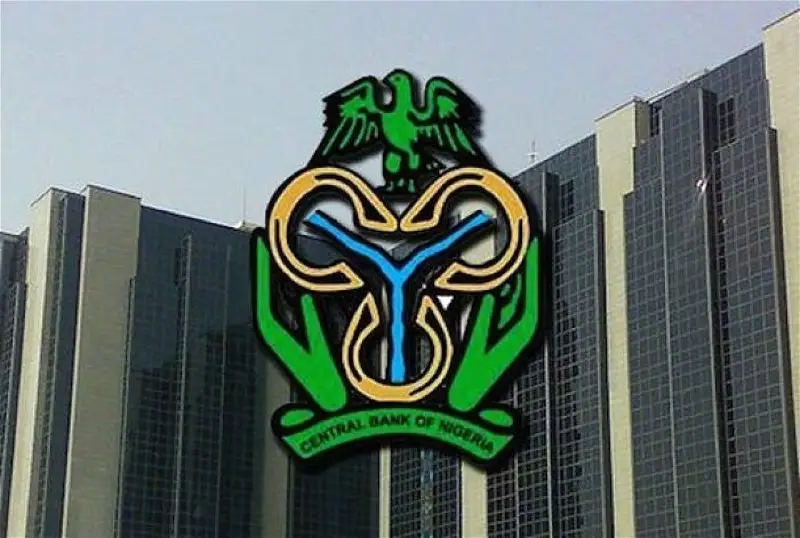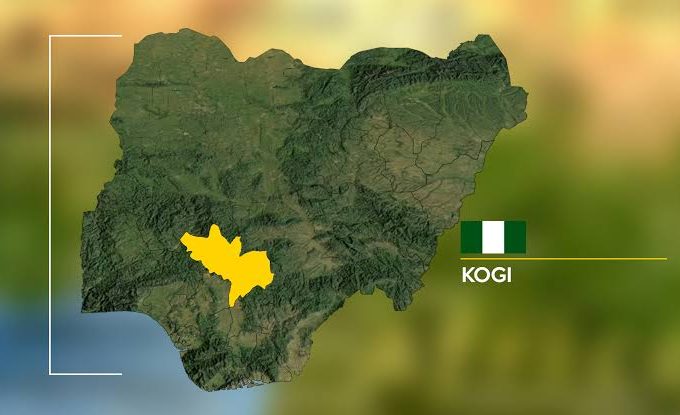
Nigeria’s Manufacturers’ Association Lament Over CBN’s Unsettled $2.4 Billion Forex Forward Contracts

The Manufacturers Association of Nigeria (MAN) has called on the Central Bank of Nigeria (CBN) to take urgent action regarding outstanding obligations related to $2.4 billion in foreign exchange forward contracts.
Segun Ajayi-Kadir, the Director-General of MAN, made this appeal in a statement issued on Thursday in Lagos. He stated that resolving these outstanding foreign exchange obligations will minimise the negative impact on the manufacturing sector.
Foreign exchange forward contracts are financial agreements that allow businesses to lock in a future exchange rate. This helps them hedge against potential fluctuations in currency values. The CBN typically issues these contracts with promises to deliver foreign currency at a specified future date in exchange for an upfront payment in naira. However, Ajayi-Kadir pointed out that the CBN has recently announced its inability to honour $2.4 billion worth of these contracts.
The CBN cited an ongoing investigation by the Economic and Financial Crimes Commission (EFCC) into certain foreign exchange transactions as the reason for this inability. Ajayi-Kadir explained that many businesses had borrowed money from banks to secure working capital based on the forward contracts allocated by the CBN. This situation has created a severe crisis for the manufacturing sector and the broader Nigerian economy.
The $2.4 billion in unsettled contracts is part of a more extensive backlog of $7 billion. Ajayi-Kadir warned that businesses with significant foreign exchange liabilities face severe credit and liquidity risks because they cannot settle these forward contracts. He noted that commercial banks have continued to charge high interest rates on dollar accounts, along with other naira bank charges. Some companies face interest rates as high as 35 per cent on their loans, which adds to their financial burden.
The MAN Director-General expressed concern that the breach of these legally binding contracts could undermine the credibility of the CBN and harm investor confidence in Nigeria. He urged the CBN to prioritise the sanctity of contracts and to improve efforts to protect the interests of businesses that have acted in good faith.
Ajayi-Kadir also called for collaboration between the CBN, the Federal Ministry of Finance, and the private sector. He believes that developing a sustainable framework for resolving outstanding forward contracts and improving foreign exchange inflows is critical to preventing further damage to the manufacturing sector.
He emphasised that prioritising the survival of the manufacturing sector is essential for mitigating the negative impacts of this crisis and supporting economic recovery in Nigeria. Recall that some months back, Ajayi-Kadir reported that over 60 per cent of producers in the North East closed down over currency fluctuations and high insecurity levels. The financial strain on manufacturing businesses has already led to widespread closures and job losses, which would have long-term effects on the economy.
Read:
- Miss Universe Nigeria 2024 Extends Invitation To Chidimma Adetshina Following Controversial Miss South Africa Contest Withdrawal
- Snoop Dogg, Billie Eilish, Red Hot Chili Peppers To Headline Paris Olympic Closing Ceremony With Special Performance By Tom Cruise
About The Author
Related Articles
African Union signals diplomatic reset with Sahel alliance states
The African Union has begun a new diplomatic approach toward the countries...
ByWest Africa WeeklyFebruary 11, 2026World Bank steps up support for Mali’s education sector
The World Bank has reaffirmed its commitment to Mali’s education system, pledging...
ByWest Africa WeeklyFebruary 11, 2026Atlas Oranto Hit by Licence Loss in Equatorial Guinea, Senegal, Venezuela
Nigerian oil magnate Arthur Eze’s company, Atlas Oranto Petroleum, is facing a...
ByWest Africa WeeklyFebruary 11, 2026Kogi Shuts Markets and Motor Parks in Crackdown on Terrorists
The Kogi State Government has ordered the temporary closure of selected markets...
ByWest Africa WeeklyFebruary 11, 2026











